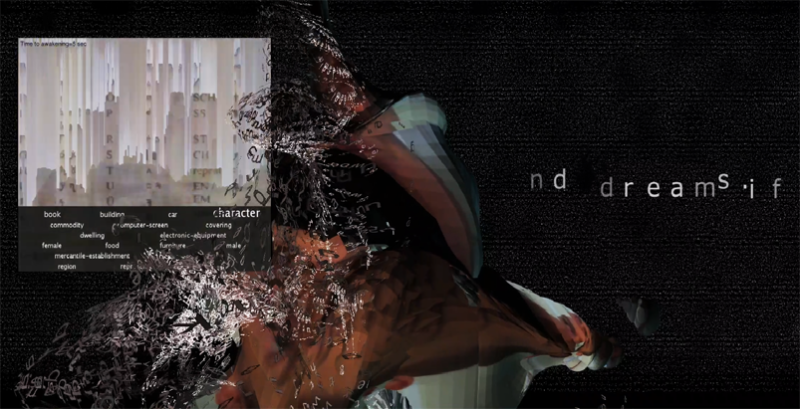
Interfacce del Presente
Interfacce del Presente
The Link Art Center is proud to present the exhibition Interfacce del presente at BASE Milano, on the occasion of Milano Digital Week 2019. The exhibition is curated by Tiziana Gemin and Fabio Paris (member of Link Art Center) and will be on view from March 13 to 19.
Our lives are deeply influenced by technology. Many of the devices we use in our daily routines support human needs using interactive systems able to perform various operations autonomously, even independently of our intentionality.
Thought systems, more or less complex, are present both within living organisms and within inorganic structures. There exists a natural intelligence and there is an artificial intelligence. It can be considered as a mirror that gives us back our vision of the world, reflecting our desires and our fears; and thus, offers us the opportunity to re-evaluate ourselves and what characterizes us as human beings.
In this ever-closer bond with technologies capable of acting autonomously, some persons see an epochal evolutionary leap, which leads us to rethink the concept of work and cultural production. Others, however, foresee a dystopian future where the machines will affirm their domain.
Art has always been in a symbiotic relationship and in constant evolution with the technological capabilities of a culture, redefining its boundaries from time to time and questioning the function of the artist. The artistic exploration of new technological applications can help us to understand the mutual human-machine relationship, also in relation to the increasingly social dimension of new technologies.

The exhibition Interfaces of the Present exposes a series of works that simulate neural networks, learn automatically, produce contents independently, leading to ask ourselves if the machines are also able to evoke emotions in the human beings.
Basic Emotion by Marco Cadioli [Italy], is a series of videos selected from the most diffuse facial expressions database, which provides a standard test for training A.I. machines on emotion detection. M0T3TU5 by Alessandro Capozzo [Italy] is a machine learning algorithm that is able of generating pseudo texts, using as a matrix some of the fundamental books of Western scientific thought. Membrane by Ursula Damm [Germany] is an installation that observes the reality and transforms it accordingly to the imagination process of an A.I.. Evolving Spark Network by Edwin van der Heide [Netherlands] simulates the behavior of the neural network, through the generation of sparking patterns. a_mirror by Limiteazero [Italy] updates the function of a common domestic object, a mirror, transforming it into a system capable of reinterpreting reality. Japanese Lily by Macoto Murayama [Japan] is a video inspired by the ancient botanical illustrations, the flowers generated by a 3D graphic software connect the natural world to the artificial world of the machines. The Chair Project by Philipp Schmitt(with Steffen Weiss) [USA/DE] is a series of chairs images, generated by the collaboration between an A.I. and a human designer, reversing the roles of human and machine in the imagination/imaginary process. Imperfect Simulations by Anna Titovets (Inektra) [Russia] investigates the time perception and the decoding of dreams in the digital age.
Location: BASE Milano, via Bergognone, 34
The exhibition is produced by Milano Digital Week in collaboration with BASE Milano and IED Milano
Dates: from March 13 to 19, 2019. Free entry.
Press preview: March 13, at 12:30 pm.
Opening: March 13 from 6:30 pm to 9:00 pm.
Dates and opening times: from March 14 to 19, from 10:00 am to 9:00 pm.

